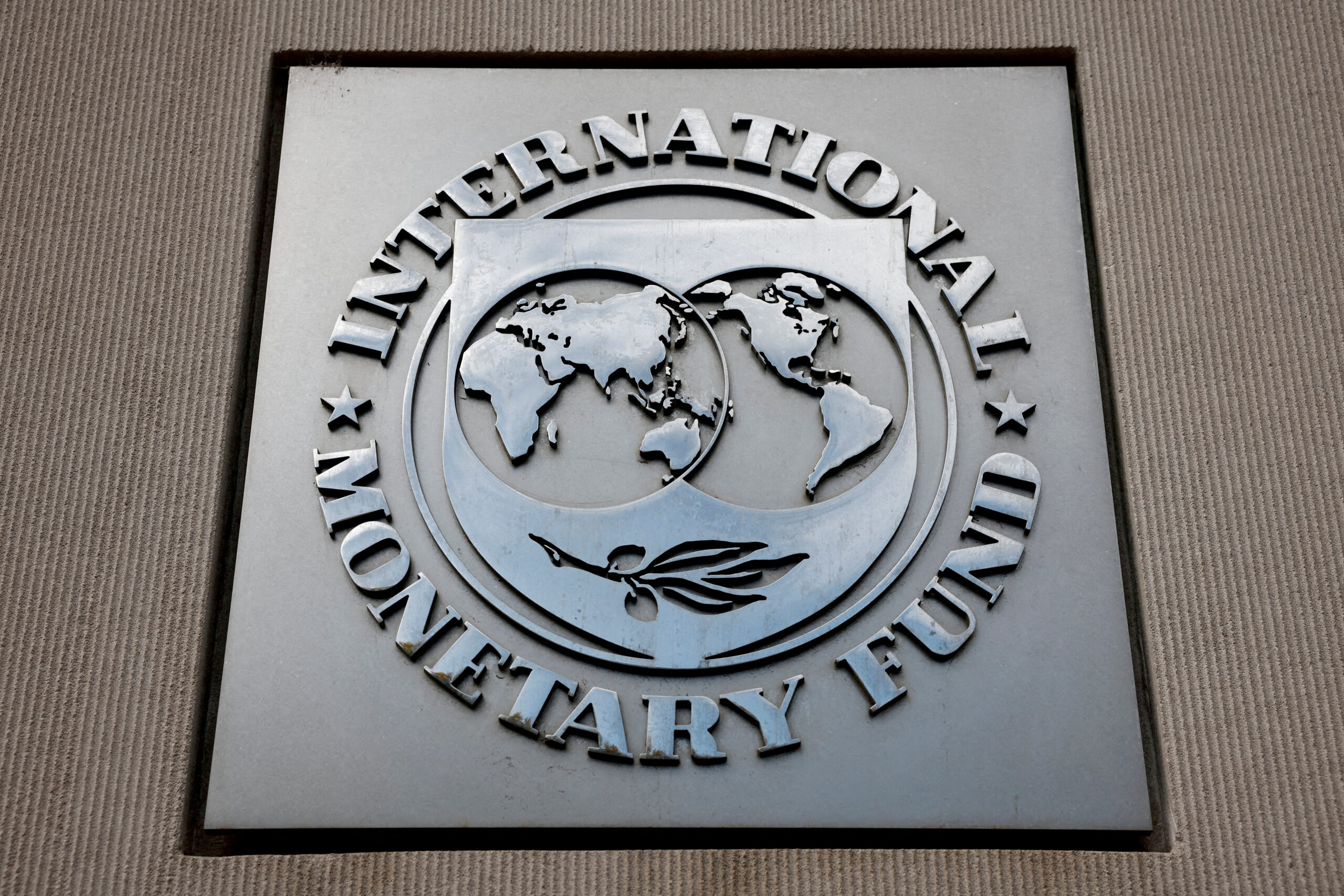Analysis by Julia Gerlo, Research Analyst at FARN, for the Bretton Woods Observer
IMF programmes, anchored on conditionalities, have kept Argentina locked in a cycle of crises, debt, and adjustment since 2018.
The debate about the implications of conditionalities has gained urgency in 2025, as the IMF undertakes the first review of Programme Design and Conditionality (RoC) since 2018. US Treasury officials have demanded that the Fund go ‘back to basics’, focusing on fiscal, monetary, and financial surveillance, rather than on ‘emerging issues’ such as climate, gender and inequality. While this ‘technocratic’ framing is presented as innocuous, IMF conditionalities in Argentina have deepened gender inequalities, weakened state capacity to confront the climate crisis, and reinforced a development model tied to fossil fuel exports. IMF prescriptions not only shape government priorities but also constrain the policy space available to pursue alternatives.
In 2023, Javier Milei – a far-right climate-denier – won the presidential election, and was mandated by the IMF to undertake the largest fiscal adjustment in the country’s history, including a large upfront adjustment of around 5 per cent of GDP, a highly ambitious goal even in international terms. It relied on shrinking the public pension system, public wages, public investment and social protection policies. The programme charts a roadmap for structural reforms, including the privatisation of state-owned companies, the elimination of trust funds (except those subsidising gas and oil companies), deregulation of the wholesale electricity market, and pension reforms such as higher retirement ages and the elimination of moratoria.
Shrinking of the pension system, public wages, public investment, and social protection reveal a creditors-first, people and ecosystems-last policy. The Fund must systematically incorporate distributional impact assessments of its conditionalities, to measure their real effects on income inequality, gender, and environmental justice.
